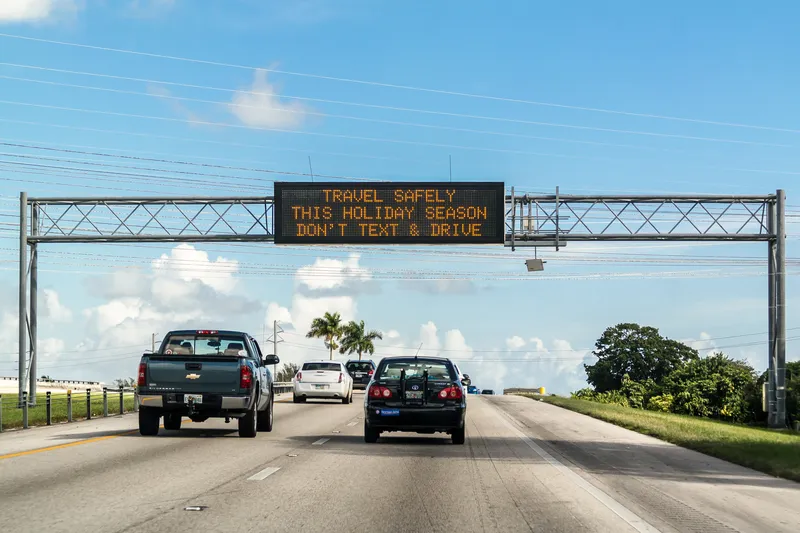Rand McNally and Drivewyze have signed an agreement to provide the Drivewyze PreClear weigh station bypass service for Rand McNally's suite of mobile fleet management devices.
PreClear enables commercial truck drivers to clear weigh station requirements before reaching a location, thereby deferring stops and bypassing weigh stations up to 98 per cent of the time depending on the operator's safety score.
As a truck approaches a weigh station, safety-related data are communicated in real-time. If the v
March 27, 2014
Read time: 2 mins
PreClear enables commercial truck drivers to clear weigh station requirements before reaching a location, thereby deferring stops and bypassing weigh stations up to 98 per cent of the time depending on the operator's safety score.
As a truck approaches a weigh station, safety-related data are communicated in real-time. If the vehicle is not flagged for any service, safety or tax liability issues, the vehicle may be given a bypass and allowed to proceed along its route, reducing weigh station overcrowding and saving the driver time, fuel, and money.
Using cellular service from Rand McNally's HD 100, TND 760, and TPC 7600 devices, the Drivewyze PreClear subscription service will notify drivers two miles out from an impending permanent weigh station or temporary inspection site. Based on the standards set by state law enforcement, drivers will receive permission one mile out to either bypass or pull into the station. This allows state inspectors to focus their attention on the potentially hazardous fleets and drivers while allowing those who are compliant to proceed through to their destinations.









